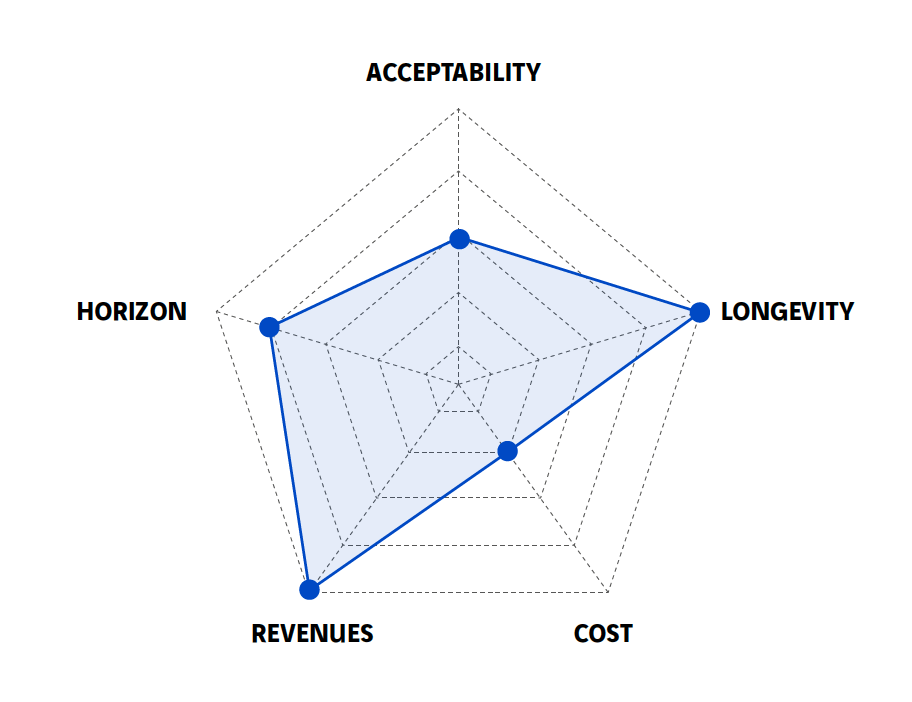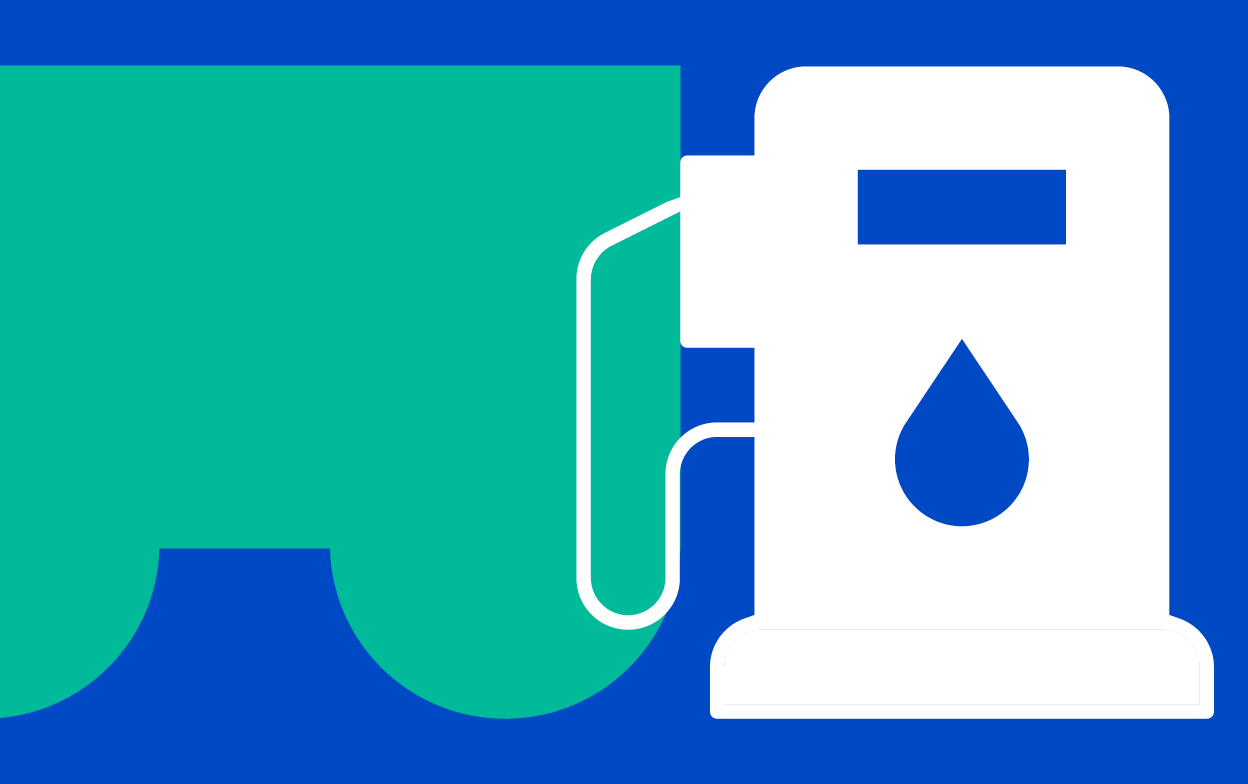


Road usage charge: charging users rather than consumers

Faced with congestion, pollution and mobility funding issues, cities such as Singapore and States such as Oregon are currently testing a mileage charge system which entails charging users in proportion to their use of the road network.
Learn more / Download
What scale of implementation?
- Local
Who pays?
- Taxpayer
What secondary benefits for the community?
- Vehicle miles traveled by car decrease
Other solutions to discover:

Putting a price on carbon to control emissions more effectively
The carbon tax and carbon emission quotas are economic measures aimed at making polluters pay in proportion to their emissions (the polluter pays principle) and ultimately to steer companies’ and citizens’ behaviours and decisions towards a reduction in polluting emissions.

Setting registration fees for electric vehicles
Vehicles must be registered to be entitled to move around freely. Registration involves vehicle owners paying a tax, after which a registration number and certificate are issued so that authorities can establish the link between a vehicle and its owner.

Allocating fuel tax revenues to mobility
Traditionally, US States used vehicle registration fees, firstly as a one-off payment and then as an annual tax; from 1919 and the introduction of a fuel tax, infrastructure construction became financed through an indirect tax collected on the fuel sales price.
La Fabrique de la Cité
La Fabrique de la Cité is a think tank dedicated to urban foresight, created by the VINCI group, its sponsor, in 2010. La Fabrique de la Cité acts as a forum where urban stakeholders, whether French or international, collaborate to bring forth new ways of building and rebuilding cities.














